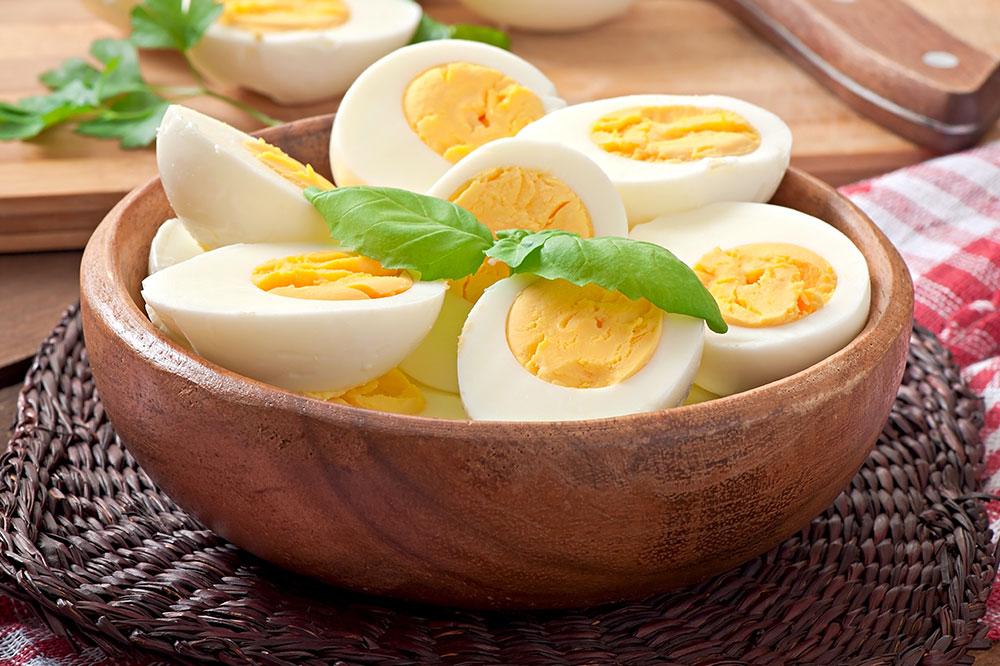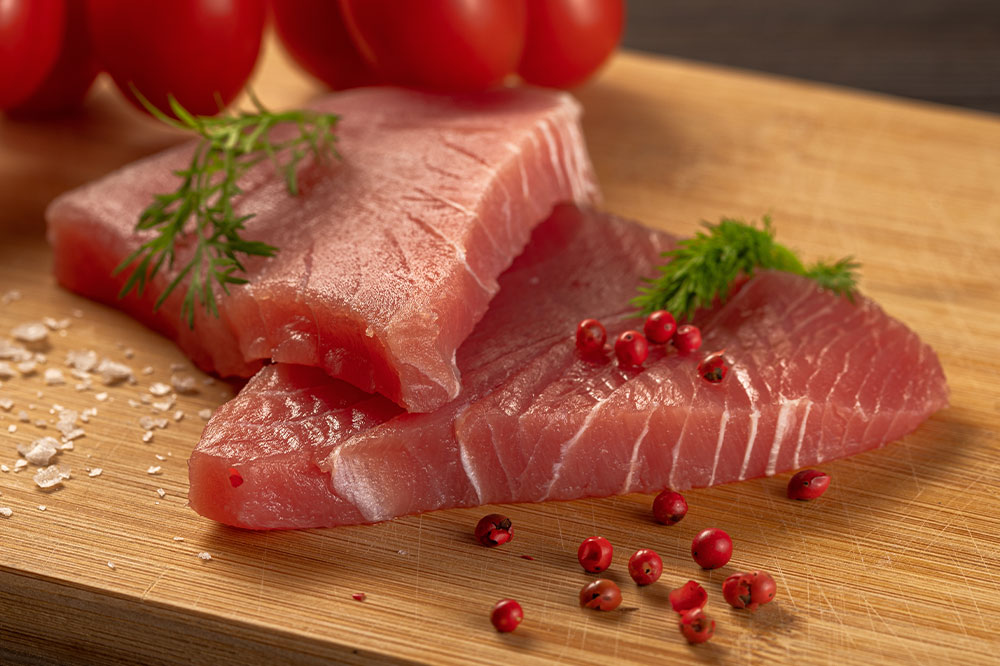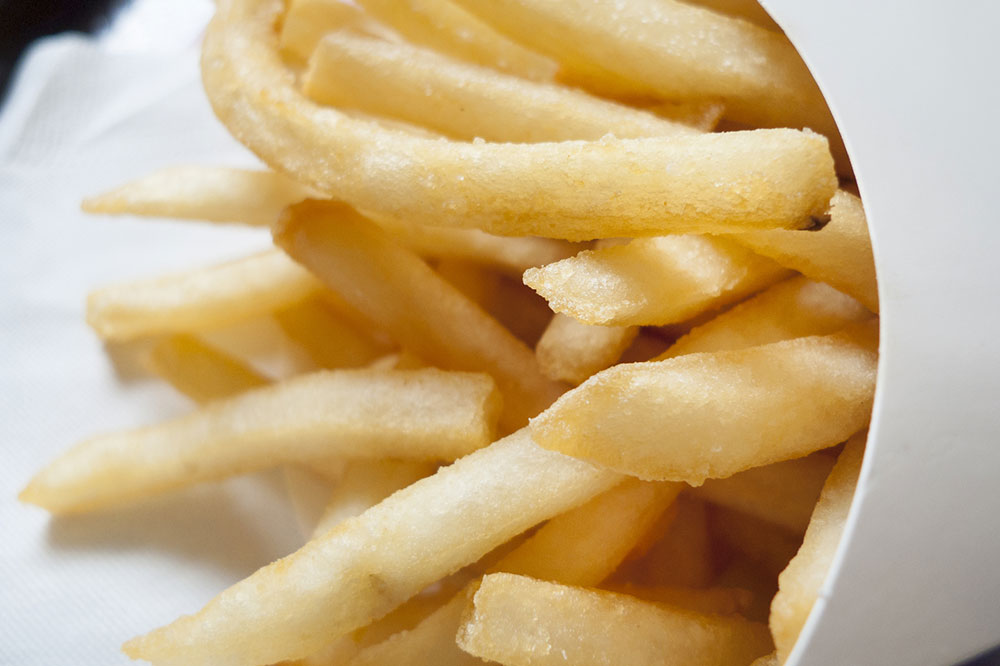Diet Tips for Migraines: Foods to Include and Avoid
Explore effective dietary strategies to prevent and manage migraines. Learn which foods to include, such as fruits, vegetables, and lean meats, and which to avoid, including processed meats, caffeine, and alcohol. Adopting these nutritional habits can help reduce migraine frequency and severity, supporting better overall health and well-being.

Nutritional Guidelines for Managing Migraines
Headaches can significantly disrupt daily life, especially when they evolve into migraines—intense, persistent pains lasting hours or days. While the causes remain partially understood, triggers such as inadequate sleep and skipped meals are common. Certain foods can assist in controlling migraine symptoms. Incorporating specific dietary habits can make a difference.
Recommended Dietary Practices:
Eat Plenty of Fruits and Vegetables – Consuming a variety of colorful, natural produce supports overall health and may alleviate migraine symptoms.
Opt for whole, unprocessed foods free from artificial additives to promote health and reduce migraine risk. Fruits and vegetables of all hues contain nutrients that can ease pain. Be cautious with citrus fruits, as they might trigger migraines. Natural sweeteners like vanilla and maple syrup can be beneficial.
Choose Fresh Meat Options – Prefer fresh meats such as chicken, fish, or red meat—these are generally safe and contain vitamin B2, which can help diminish migraine pain.
Smoked or processed meats often contain salt, preservatives, and artificial colors, which can act as triggers.Consume Small, Frequent Meals – Skipping meals or eating large ones can cause blood sugar fluctuations that lead to migraines. Eating mini meals throughout the day helps maintain energy levels and reduces headache incidence. Staying well-hydrated is equally important—drink about 8-10 glasses of water daily.
Incorporate Magnesium-Rich Foods like Brown Rice – Brown rice supports blood sugar regulation due to its magnesium content, aiding migraine prevention.
Opt for Bland Foods – Spicy and heavy foods can worsen migraines; bland, easy-to-digest meals help soothe symptoms and reduce nausea.
Foods to Limit or Avoid:
Cultured Dairy Products – Items like cheese and yogurt contain tyramine, which may trigger migraines. It's advisable to limit their intake.
Reduce Alcohol Consumption – Alcohol can cause dehydration and vasodilation, increasing migraine risk. Red wine, rich in histamines and sulfites, is especially problematic.
Caffeine Intake – Keep caffeine consumption below 200mg daily. Excess caffeine can induce severe migraines and counteract medicinal benefits.










